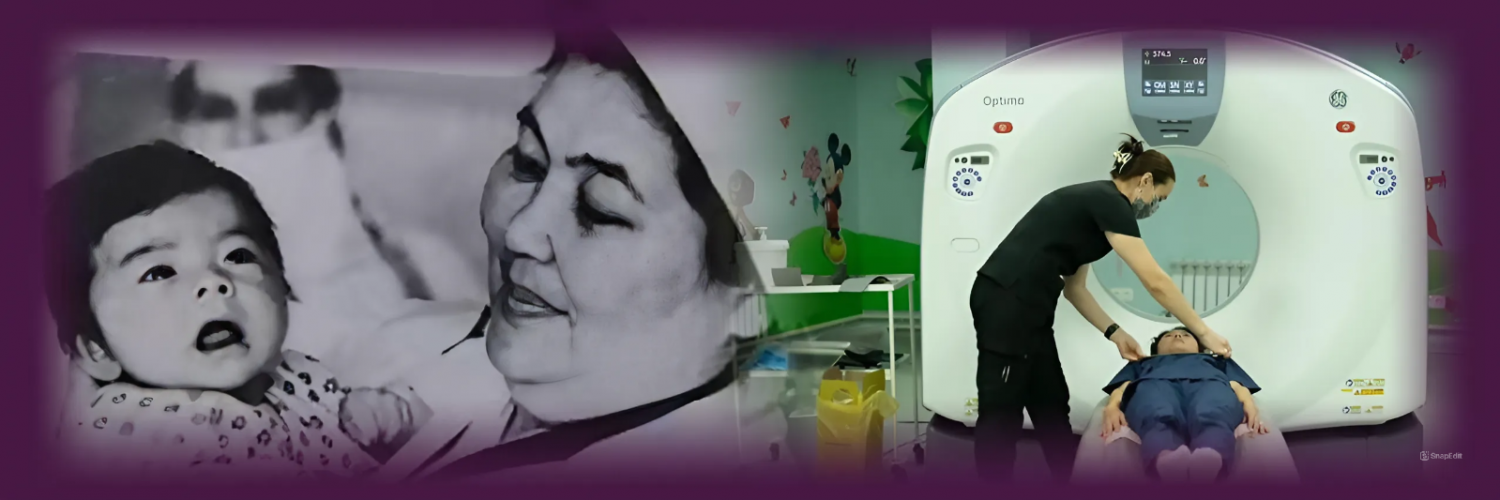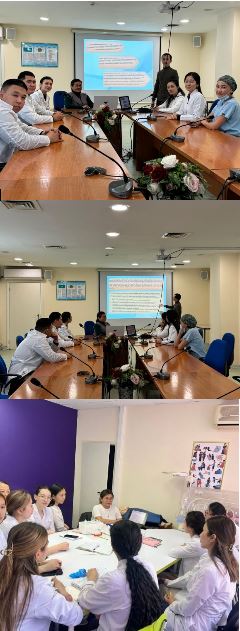Educational work with students at the Kazakh National Medical University (KazNMU) plays an important role in the formation of high moral and professional standards among future specialists. One of the key topics that is actively discussed at such events is the anti-corruption culture. Holding meetings, round tables, conferences and student actions helps to raise students’ awareness of the problems of corruption and to form ethical standards aimed at combating this phenomenon.
Here are some events that are organized to form an anti-corruption culture among KazNMU students:
Holding meetings, round tables, conferences, student actions on the formation of an anti-corruption culture among students of “Adaldyk sagaty”, “Sanaly urpak” with students of KazNMU named after S.D. Asfendiyarov group 18-13, Pediatrics 5B1303300 with assistant of the Department of Neonatology Urstemova K.K.
- “Adaldyk sagaty” (Hour of honesty): These are regular events where issues of anti-corruption legislation, the importance of honesty and transparency in professional activities were discussed. Students participated in role-playing games, debates where questions are raised about ethics, honesty in medicine, as well as the impact of corruption on society and the health care system.
- “Sanaly urpak” (Conscious generation): This is a project aimed at instilling in students a sense of responsibility for the future of the country. During such meetings, students were offered an analysis of real cases related to corrupt practices, and ways to prevent them were considered. An important aspect is also learning how to build a career based on honesty and professionalism.
- “No corruption”: As part of this campaign, various events were held aimed at popularizing the idea of “no corruption”. Students developed posters and participated in anti-corruption trainings.
- Round tables and conferences: The organization of round tables with the participation of students, teachers, medicine and ethics allowed an in-depth discussion of the impact of corruption on the health sector. Students asked questions, shared their opinions and offered ideas on how to minimize corruption risks in their future professional activities.

